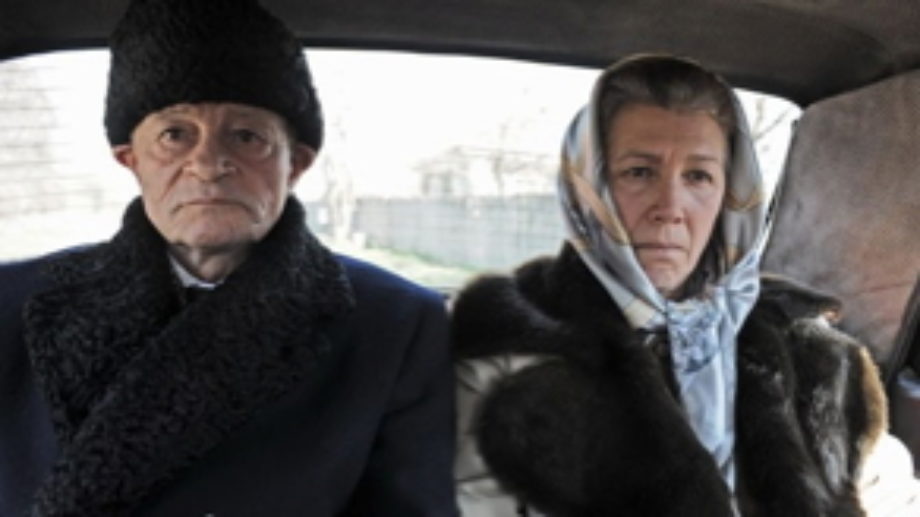
Director Radu Gabrea
Three Days Till Christmas is about an emotional time in Romania's history, yet is not very emotional or sentimental. Was this intentional or did that come about naturally?
I am impressed by your opinion. It is positive for me. The few people in Romania who saw the movie said that I tried to make the Ceaușescus too human. I am glad that you appreciated my, let's say, coolness toward the subject.
I don't think I've ever seen such an interesting mix of documentary elements with fiction film elements. Did you always intend to mix documentary and fiction/re-enactments? What was your reason for this?
Generally I don't make that kind of mix. But here I needed the documentary parts, absolutely. And the fictional parts I decided to use in order to tell the story from the point of view of the two condemned to death, the Ceaușescus. If I had made the film complete fiction I would have been obligated to use the dramaturgy laws of the film storytelling, which would have, in my opinion, falsified the story.
Tell me more about what you mean by the dramaturgy laws and how that would have looked for your film?
The dramaturgy laws request a story to be written in respect to the laws of theater plays, more or less. Where you need an establishment of the characters, a plot, a climax etc.. I tried to film the “fiction part” exactly after what “happened” to the Ceaușescus as it lined up with the TV emmisions in the movie.

The Ceaușescus
The film has a lot to say about media and how TV news released information on the Ceaușescus. At one point the TV said foreign mercenaries were involved, but this was false. How do you see your documentary or docu-drama's role as media and a news source of information?
The use of media during the so called Romanian revolution aimed not to inform, but to manipulate and falsify reality. I used the TV footage to underline the passage and the flood of time. And also, if one looks carefully, the film discovers (or reveals) the total contradiction between the reality and the images on the TV, which were actual images shown on TV during those three days. There are questions that remain unanswered today: Who were the terrorists? Who killed almost 1,000 people and wounded 5,000 after the “old puppies” left the Central Committee Building by helicopter? I refer to the Ceaușescus as the “old puppies,” which they really were, because they remind me of the characters in the Samuel Beckett play Fin de Partie (Endgame).
Why do consider it to be a “so called” revolution?
The event is still not clarified historically. It was a revolution, but was also, as far as the information says, a “coup d'etat.” The original revolution became transformed because the state power was not taken by those who started the revolution: the people. Instead power was taken by a group of politicians who are the political and economic leaders to this very day.
Your film was very interesting especially as an outsider. My knowledge of the history of Romania is limited, but your film really drew me into doing my own research. How do you see your role as a storyteller of Romanian life?
As a young film director my model was Andrei Wajda, the great polish filmmaker. Almost all my films are stories, like his, about an individual fighting and confronting history alone. I think this film is, on a certain level, the same.
Three Days Till Christmas screens Sunday, December 2 at 7:00pm with director Radu Gabrea in person for Q&A as part of Making Waves: New Romanian Cinema.



